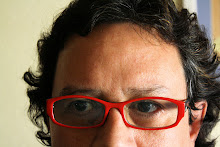Contrary to popular belief European towns and cities were not built around churches.
It's long been said that rural growth in the middle ages centered around the edification of temples of worship. It was during this period that Christianity spread across the face of the old world and established a lasting beachhead. So naturally, rural growth was in part attributed to this fact. However, recent studies suggest this is not true. In fact, early rural growth was due not to the Church at all but to the invention of the roadside motel. Travel in those days was perilous and exhausting, so it was necessary to make several stops when traveling between say Madrid and Toledo. It could take up to four days by carriage to cover this distance of 150 kilometers. And so it seems, inns were the centerpiece of the modern mobile society. Alcohol, not religion, was the economic driver of the time.
And so it was with Spain. Have you ever wondered why the smallest community unit in Spain is called a "barrio?" It's because these communities were built around bars, not churches. In fact, a recent study by Coca-Cola has found that Spain has one bar or alcohol serving establishment for every 132 residents. That's nearly 350,000 bars, cafeterias, restaurants in Spain. I don't have the exact number of churches, but I'm certain it's nowhere near this amount.
I'm willing to bet your history teacher never told you this.
Monday, October 19, 2015
Subscribe to:
Comments (Atom)
